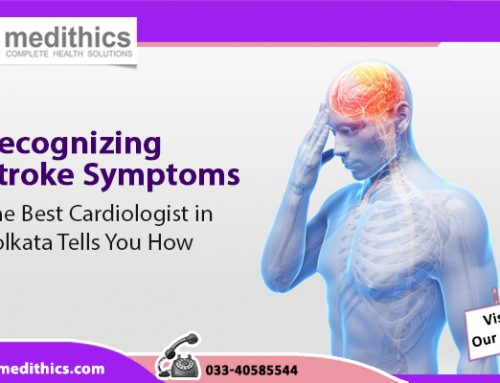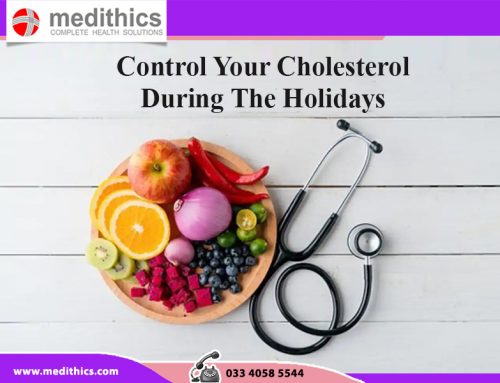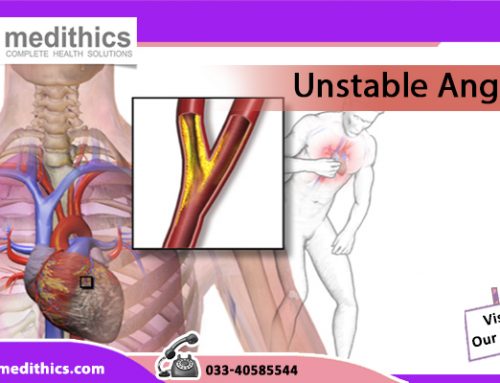Having too much stress, for too long, is bad for your heart.
According to cardiologists, if you’re often stressed, and you don’t have good ways to manage it, you are more likely to have heart disease, high blood pressure, chest pain, or irregular heartbeats.
The stress itself can be a problem. It raises your blood pressure, and it’s not good for your body to constantly be exposed to stress hormones. Studies also link stress to changes in the way blood clots, which makes a heart attack more likely.
The way you handle stress also matters. If you respond to it in unhealthy ways — such as smoking, overeating, or not exercising — that makes matters worse. On the other hand, if you exercise, connect with people, and find meaning despite the stress, that makes a difference in your emotions and in your body.
Causes of Stress
Stress can be caused by a physical or emotional change, or a change in your environment that requires you to adjust or respond. Things that make you feel stressed are called “stressors.”
In the opinion of heart specialists, stressors can be minor hassles, major lifestyle changes, or a combination of both. Being able to identify stressors in your life and releasing the tension they cause are the keys to managing stress.
Below are some common stressors that can affect people at all stages of life.
- Illness, either personal or of a family member or friend.
- Death of a friend or loved one.
- Problems in a personal relationship.
- Work overload.
- Starting a new job.
- Unemployment.
- Retirement.
- Pregnancy.
- Crowds.
- Relocation.
- Daily hassles.
- Legal problems.
- Financial concerns.
- Perfectionism.
Warning Signs of Stress
When you are exposed to long periods of stress, your body gives warning signals that something is wrong. These physical, cognitive, emotional and behavioral warning signs should not be ignored. They tell you that you need to slow down. If you continue to be stressed and you don’t give your body a break, you are likely to develop health problems like heart disease.
Coping with Stress
After you’ve identified the cause of stress in your life, the next step is to learn techniques that can help you cope with stress while fighting heart disease. There are many techniques you can use to manage stress. Some of which you can learn yourself, while other techniques may require the guidance of a trained therapist.
Some common techniques for coping with stress include:
- Eat and drink sensibly. Abusing alcohol and food may seem to reduce stress, but it actually adds to it.
- Assert yourself. You do not have to meet others’ expectations or demands. It’s OK to say “no.” Remember, being assertive allows you to stand up for your rights and beliefs while respecting those of others.
- Stop smoking. Aside from the obvious health risks of cigarettes, nicotine acts as a stimulant and brings on more stress symptoms.
- Exercise regularly. Choose non-competitive exercise and set reasonable goals. Aerobic exercise has been shown to release endorphins (natural substances that help you feel better and maintain a positive attitude).
- Relax every day. Choose from a variety of different techniques.
- Take responsibility. Control what you can and leave behind what you cannot control.
- Reduce causes of stress. Many people find life is filled with too many demands and too little time. For the most part, these demands are ones we have chosen. Effective time-management skills involve asking for help when appropriate, setting priorities, pacing yourself, and taking time out for yourself.
- Examine your values and live by them. The more your actions reflect your beliefs, the better you will feel, no matter how busy your life is.
- Set realistic goals and expectations. It’s OK, and healthy, to realize you cannot be 100% successful at everything all at once.
- Sell yourself to yourself. When you are feeling overwhelmed, remind yourself of what you do well. Have a healthy sense of self-esteem.
- Get enough rest. Even with proper diet and exercise, you can’t fight stress effectively without rest. You need time to recover from exercise and stressful events. The time you spend resting should be long enough to relax your mind as well as your body. Some people find that taking a nap in the middle of the day helps them reduce stress.






Leave A Comment
You must be logged in to post a comment.